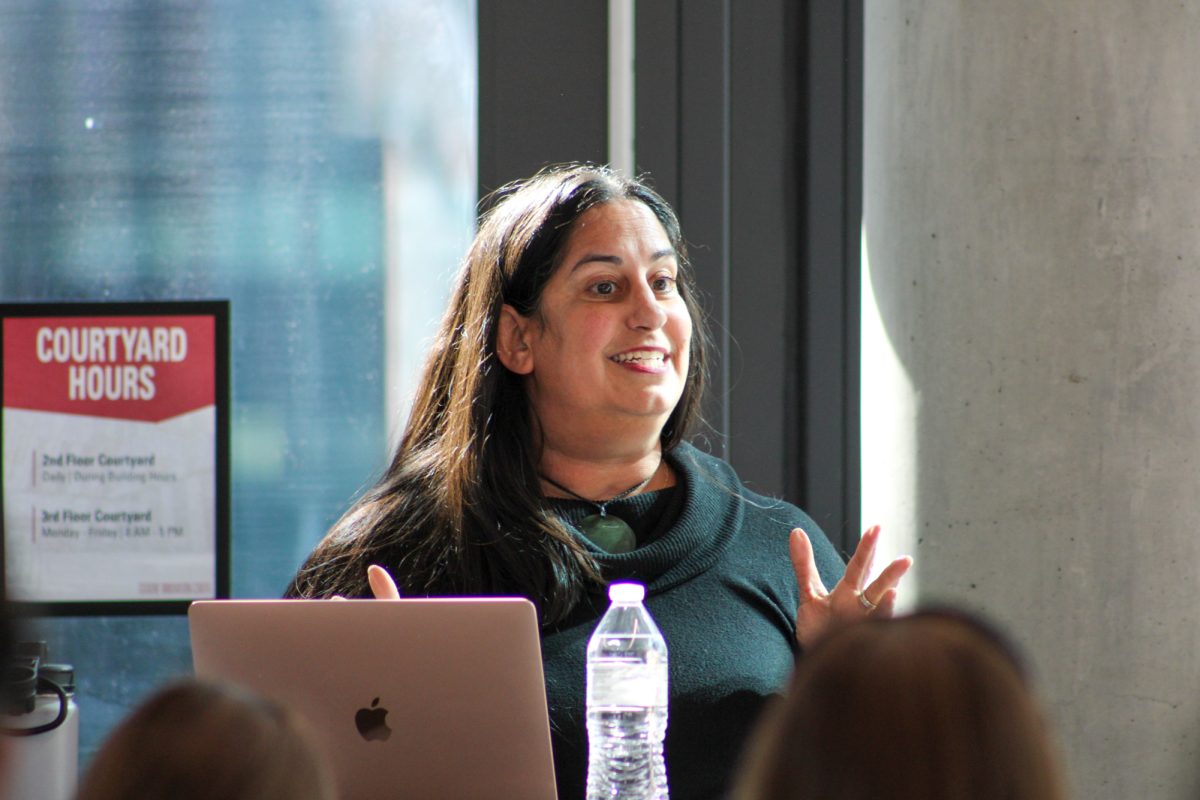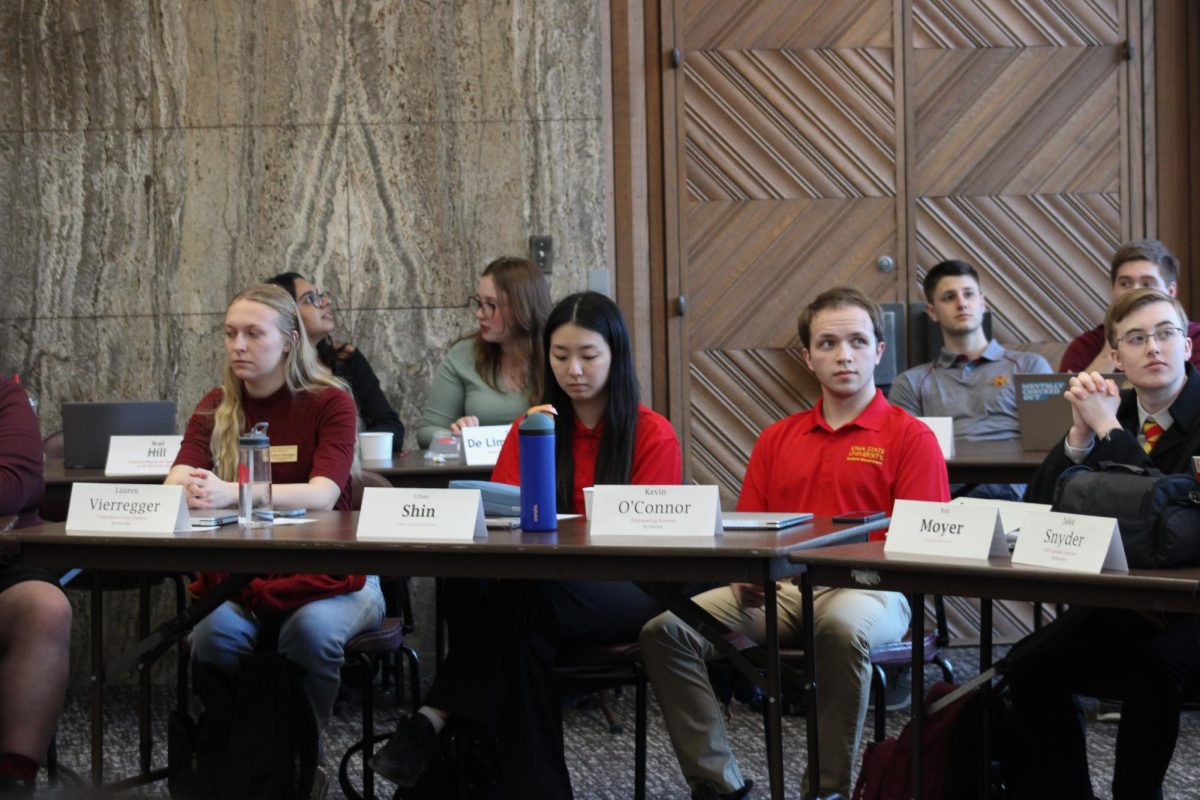Pakistan court rules prime minister ineligible to hold office
June 19, 2012
ISLAMABAD, Pakistan — In a move that could reignite a political crisis in Pakistan, the nation’s Supreme Court on Tuesday ruled that Prime Minister Yousuf Raza Gilani is ineligible to hold office.
The seven-member court declared the prime minister disqualified retroactive to April 26, the day he was convicted of contempt charges. Those stemmed from his refusal to call on Swiss authorities to reopen old corruption charges against Pakistani President Asif Ali Zardari.
“Since no appeal was filed against this judgment, the conviction has attained finality. Therefore, Syed Yousuf Gilani has become disqualified from being a member of the Majlis-e-Shoora (parliament),” according to the Supreme Court ruling, read in the court by Chief Justice Iftikhar Muhammad Chaudhry.
“He has also ceased to be the prime minister of Pakistan with effect from the said date (April 26), and office of the prime minister shall be deemed to be vacant accordingly.”
It wasn’t immediately clear how Gilani and the ruling Pakistan Peoples Party would appeal the decision and fight for the prime minister to remain in office. Political analyst Ahmed Mehboob told CNN the prime minister can appeal the court’s ruling or the ruling party can begin selecting a replacement.
The speaker of Pakistan’s National Assembly had 30 days from the day of the April verdict to ask the Election Commission to pursue disqualification proceedings if she viewed Gilani’s conviction as cause for dismissal. The order requires the commission to issue “notification of disqualification” of Gilani.
In a five-page decision released last month, Speaker Fahmida Mirza said she did not believe the prime minister’s refusal to follow the Supreme Court’s order justified disqualification. The speaker’s ruling seemed to give a boost to the prime minister, who decided not to appeal the court’s conviction.
The Supreme Court essentially overruled the speaker’s decision Tuesday.
“The president of Pakistan is required to take necessary steps under the constitution to ensure continuation of the democratic process through the parliamentary system of government in the country,” the Supreme Court order said.
— Journalists Nasir Habib and Ayza Omar contributed to this report.






